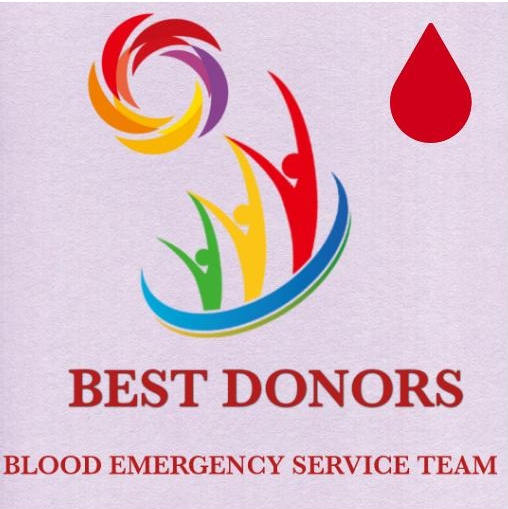Awareness on blood donation is crucial to ensure a sufficient and safe blood supply for those in need. Here are some key points to raise awareness about blood donation:
1. Importance of blood donation: Educate people about the critical need for blood, as it is used in various medical procedures, emergencies, and treatments for medical conditions. Emphasize that blood cannot be manufactured and can only be obtained through voluntary donations.
2. Regular blood donations: Encourage individuals to become regular blood donors. Highlight that blood donations are needed throughout the year, not just during emergencies or natural disasters. Regular donors ensure a stable supply and can help save lives on an ongoing basis.
3. Eligibility to donate: Inform people about the basic eligibility criteria for blood donation, such as meeting age and weight requirements, being in good health, and not having certain medical conditions or recent high-risk behaviors. Emphasize that even if someone is unable to donate, they can still encourage others to donate.
4. Safety of blood donation: Address any concerns or misconceptions about the safety of blood donation. Explain that blood donation is a safe and painless process, and strict protocols are followed to ensure the safety of both donors and recipients. Emphasize that all donated blood is tested for infections before it is used.
5. Community-based blood drives: Promote community-based blood drives where individuals can conveniently donate blood. Highlight the locations, dates, and times of these drives, and encourage people to participate. Collaborate with local organizations, medical institutions, and community centers to organize blood drives.
6. Donor incentives and appreciation: Recognize and appreciate blood donors for their lifesaving contributions. Acknowledge their generosity and commitment to helping others. Some organizations offer small incentives or perks (e.g., t-shirts, refreshments) to encourage more people to donate blood.
7. Social media and campaigns: Leverage social media platforms and digital campaigns to raise awareness about blood donation. Share stories of individuals whose lives were saved through blood transfusions. Use hashtags and share educational content to reach a wider audience and generate conversations about blood donation.
8. Educational programs and partnerships: Collaborate with schools, colleges, and universities to introduce educational programs on blood donation. Conduct seminars, workshops, and information sessions to inform students and staff about the importance and process of blood donation.
9. Volunteering and support: Highlight the importance of volunteerism in blood donation initiatives. Encourage individuals to support organizations involved in blood donation through volunteering, fundraising, or organizing awareness events.
By raising awareness on blood donation and its significance, more people can be motivated to become regular blood donors and contribute to saving lives in their community.

